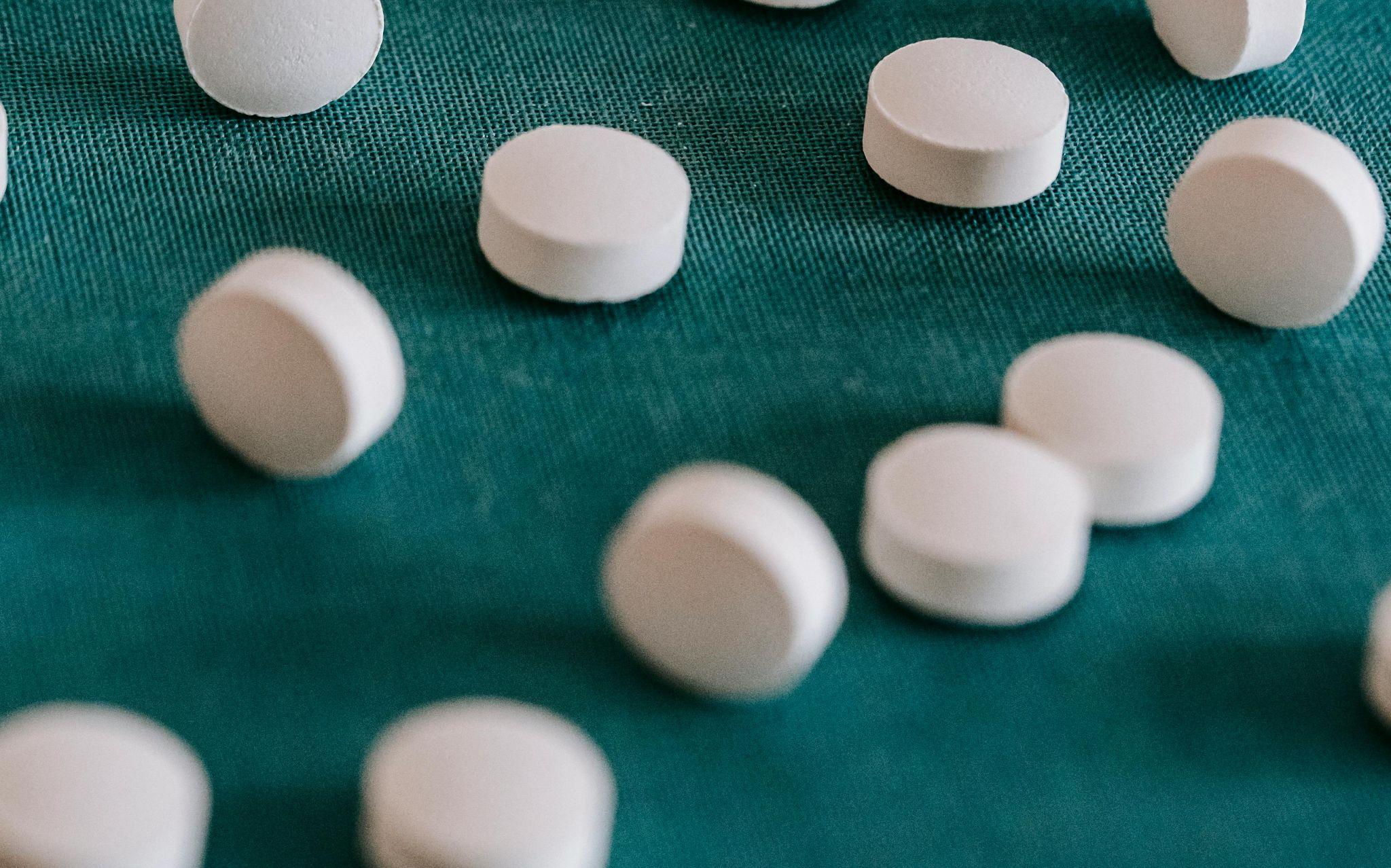The duration MDMA, popularly known as Ecstasy or Molly, lasts in breastmilk is a subject of significant medical relevance, especially considering the potential risks it poses to breastfeeding infants. This substance, after consumption, can be detected in breast milk for up to 48 hours. However, various factors, including maternal health, the dosage consumed, and individual metabolic rates, could potentially influence this duration. The ensuing discussion seeks to shed more light on this topic, invoking the urgency for meticulous understanding and awareness, particularly amongst nursing mothers.
Understanding MDMA and Its Effects
MDMA, often referred to as Ecstasy or Molly, is a synthetic psychoactive drug that alters mood and perception. It was initially synthesized in 1912 for pharmaceutical purposes, marking the beginning of MDMA history. However, it quickly gained popularity for recreational use due to its euphoric effects.
The cognitive effects of MDMA use involve altered time perception, heightened sensory experience, and increased sociability. However, these effects come with a substantial emotional impact, often leading to anxiety, restlessness, and irritability as the drug wears off.
MDMA’s recreational use often involves consumption at parties or ‘raves,’ where the drug’s stimulating effects are sought after for prolonged dancing and socializing.
However, the risks associated with its use cannot be neglected. Harm reduction strategies are paramount for those who choose to use MDMA. This includes pre-loading and post-loading with essential vitamins and minerals, staying hydrated, and avoiding mixing with other substances.
MDMA Exposure in Breastfeeding Mothers
In a significant portion of cases, the use of MDMA by breastfeeding mothers has raised concerns about the potential exposure to the infant through breast milk.
MDMA metabolites, the byproducts of the body’s processing of the drug, can be transferred to the infant, leading to potential health risks.
Research indicates that MDMA metabolites can be present in breast milk for up to 48 hours post-consumption, posing a substantial risk to breastfeeding safety. The exposure to these metabolites can cause a range of adverse effects on infant development, including neurological and developmental abnormalities.
Although more research is needed to fully understand the long-term impacts, initial studies suggest the effects can be profound.
In regards to maternal health, MDMA use could lead to a decreased milk supply, as well as potential cardiovascular complications.
Drug testing for MDMA can help identify and manage these risks. However, prevention is essential, and abstaining from MDMA use while breastfeeding is critical.
The implications of MDMA exposure for breastfeeding mothers, and their infants, emphasize the importance of drug education and awareness.
It is imperative that healthcare professionals continue to research and understand the effects of MDMA on breastfeeding, for the wellbeing of both mother and child.
Duration of MDMA in Breastmilk
Given the potential risks associated with MDMA use while breastfeeding, understanding the duration of MDMA metabolites in breastmilk is of paramount importance.
MDMA metabolism is a complex process involving several pathways and enzymes; once ingested, the substance undergoes extensive biotransformation in the liver. Subsequently, the metabolites are excreted in various body fluids, including breastmilk, posing significant concerns for breastfeeding safety.
Scientific literature suggests that MDMA and its main metabolites can be detected in breastmilk for up to 48 hours post-consumption.
This timeline, however, may vary based on factors such as maternal health, dosage, frequency of use, and individual metabolic rates. The presence of these metabolites in breastmilk has potential implications on infant development, as the infant’s immature renal and hepatic systems may not efficiently eliminate these substances.
Protecting Your Baby From MDMA Exposure
One must be vigilant when it comes to safeguarding a child from potential MDMA exposure, especially if breastfeeding. The critical need for baby safety and substance awareness can’t be overstated, given the considerable health risks associated with this drug.
MDMA, commonly known as ecstasy, is a psychoactive substance that can have long-lasting effects on the mother’s body and, consequently, on the infant through the breastmilk. Understanding this, parental responsibility extends to understanding the breastfeeding guidelines set by health professionals.
Studies have shown that MDMA can be present in breastmilk for up to 48 hours post-consumption, posing significant risks to the infant’s health, including potential neurodevelopmental issues. As a result, breastfeeding mothers are strongly advised against using MDMA or any other illicit substances, as the impact on the child’s health can be severe and long-lasting.
In cases where exposure has already occurred, immediate medical attention should be sought. Health professionals can provide guidance on how to mitigate the risks and discuss possible alternatives to breastfeeding during this period to guarantee the infant’s safety.
Through these measures, parents can protect their baby from MDMA exposure, contributing to their long-term health and wellbeing.
Final Thoughts
In conclusion, MDMA remains detectable in breast milk for up to 48 hours, though this duration may fluctuate based on various factors. The potential health implications for infants, including neurological and developmental issues, underscore the importance of abstinence among breastfeeding mothers. Continued research is necessary to further understand the complete ramifications of MDMA exposure in infants, emphasizing the need for preventative measures and increased medical oversight in cases of exposure.
At Altitude Recovery, we’re committed to lifting you from the depths of substance use challenges to the heights of recovery and resilience. Our expert team provides personalized, evidence-based treatment services designed to support your distinct path towards healing. Reach out to us for the understanding and compassionate care you deserve on your journey to wellness.
Frequently Asked Questions
What Are the Potential Long-Term Effects of MDMA on a Breastfeeding Infant?
The potential long-term effects of MDMA on a breastfeeding infant could include developmental delays or cognitive impairments.
MDMA effects can interfere with infant development due to the drug’s impact on the brain’s serotonin system.
Breastfeeding safety is compromised, impacting maternal health and the infant’s wellbeing.
Continued substance exposure during breastfeeding can lead to serious health issues.
As a result, abstaining from MDMA use is essential during this period.
Are There Any Safe and Reliable Methods to Flush MDMA From Breastmilk?
There are no proven safe or reliable methods to flush MDMA from breastmilk. Once ingested, MDMA metabolism varies among individuals.
Breastfeeding guidelines universally advise against drug use due to potential harm to the infant. Safe consumption does not exist in this scenario.
Instead, consider milk expression and discarding during the period of potential contaminant presence. Always prioritize infant safety and consult healthcare professionals for advice.
How Can I Ensure Proper Nutrition for My Baby if I Stop Breastfeeding Due to Mdma?
Ensuring proper nutrition if breastfeeding is halted due to MDMA presence involves exploring formula alternatives and nutritional supplements.
Infant formulas have been engineered to closely mimic breastmilk, providing necessary nutrients. Additionally, vitamins and supplements can bolster infant health.
Adequate baby feeding routines should be established. Prior breastmilk can be utilized if safe milk storage guidelines have been followed.
Always consult a healthcare provider for tailored advice.
What Are the Signs That My Baby Has Been Exposed to MDMA Through My Breastmilk?
Infant exposure to MDMA through breastmilk may manifest in symptoms such as agitation, poor feeding, and sleep disturbances.
It’s vital to monitor your infant’s health closely and consult a healthcare professional promptly if you notice any unusual behavior.
Understanding drug metabolism rates is important for breastfeeding safety.
If you have used MDMA, consider seeking parental support resources to guarantee the well-being of your child.
Can I Resume Breastfeeding After a One-Time MDMA Use and if So, After How Long?
The metabolism timeline for MDMA varies, making it challenging to determine a precise resumption period for breastfeeding post-use.
It’s essential to adhere to breastfeeding safety guidelines, considering both maternal health and infant developmental assessments.
If there’s any risk of MDMA exposure, alternative feeding options should be explored.
Consultation with healthcare professionals is highly recommended to guarantee safety and address any potential concerns.





